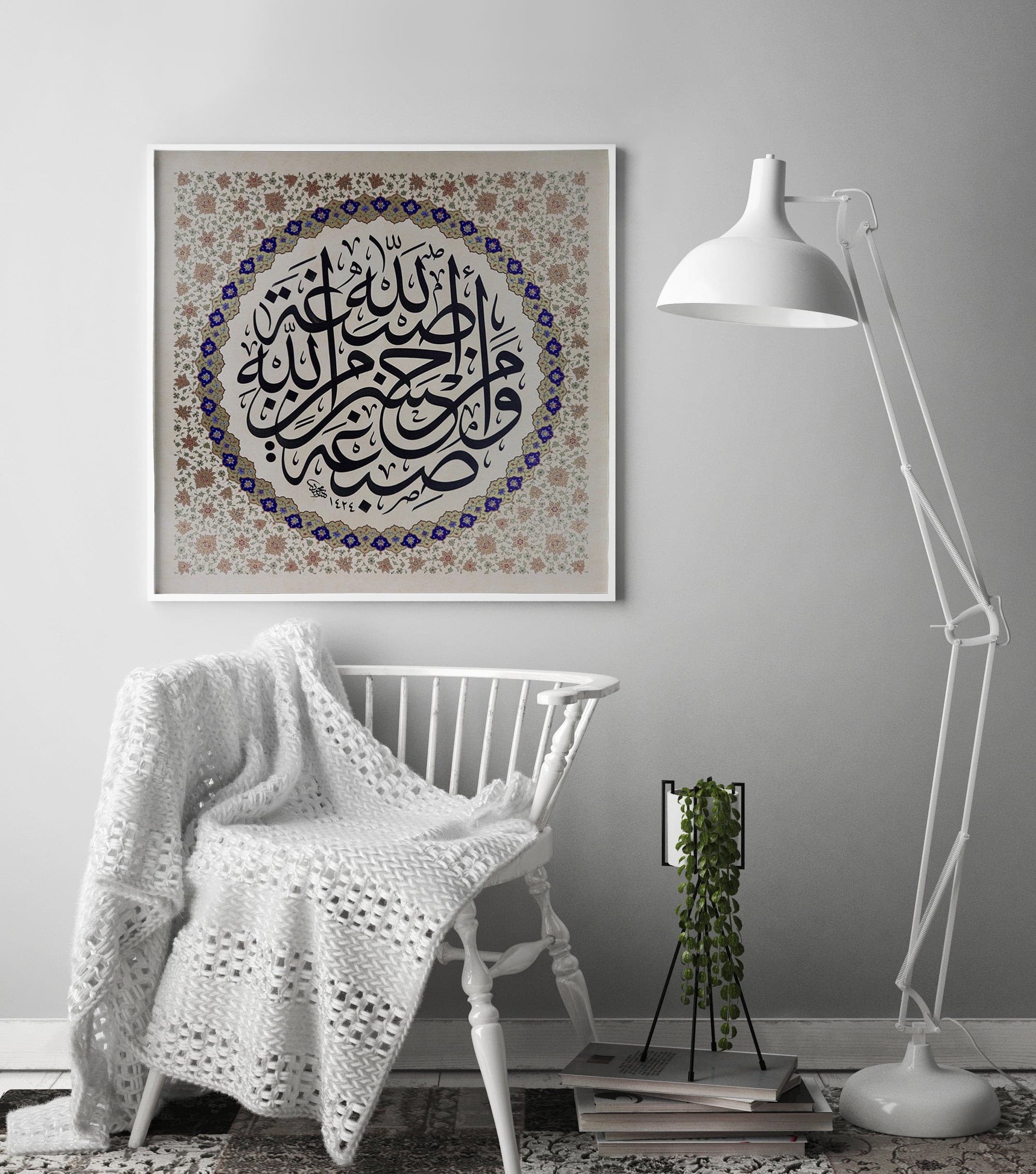About The Book
The spiritual life in Islam begins with riyadat al-nafs, the inner warfare against the ego. Distracted and polluted by worldliness, the lower self has a tendency to drag the human creature down into arrogance and vice. Only by a powerful effort of will can the sincere worshiper attain that purity of soul which enables him to attain to God's proximity. This translation of two sections from "The Revival of the Religious Sciences" (Ihya' 'Ulum al-Din) details the sophisticated spiritual techniques adopted by classical Islam.
In the first text, "On Disciplining the Soul", which sites copious anecdotes from the Islamic scriptures and biographies of the saints, Ghazali. The translator has added an introduction and notes which explore Ghazali's ability to make use of Greek as well as Islamic ethics. The work will prove of especial interest to those interested in Sufi mysticism, comparative ethics, and the question of sexuality in Islam.
About The Author
Imam Abu Hamid Muhammad Al-Ghazali was born in 450 AH (1058 A.D) in the Iranian town of Tus, studied Islamic law and theology at the Seljuq College in Nishapur, and became a distinguished professor at the famous Nizamiyya University in Baghdad.
Despite his glittering success, he was inwardly dissatisfied, so he abandoned his career for the life of hardship, abstinence and devotion to worship. During ten years of wandering, he experienced a spiritual transformation, in which the Truth came to him at last, as something received rather than acquired.
Blessed with an inner certainty, he then applied his outstanding faculties and vast learning to the task of revitalizing the whole Islamic tradition. Through his direct personal contacts, and through his many writings, he showed how every element in that tradition could and should be turned to its true purpose.
Imam al-Ghazzali was fondly referred to as the "Hujjat-ul-lslam", Proof of Islam, he is honoured as a scholar and a saint by learned men all over the world and is generally acclaimed as the most influential thinker of the Classical period of Islam.
He passed away in 505 AH (1111 A.D).
About The Translator
Timothy John Winter (born in 1960), also known as Shaykh Abdal Hakim Murad, is a British Sunni Muslim Shaykh, researcher, writer and academic. He is the Dean of the Cambridge Muslim College, Director of Studies (Theology and Religious Studies) at Wolfson College and the Shaykh Zayed Lecturer in Islamic Studies at Cambridge University.
His work includes publications on Islamic theology and Muslim-Christian relations.In 2003 he was awarded the Pilkington Teaching Prize by Cambridge University and in 2007 he was awarded the King Abdullah I Prize for Islamic Thought for his short booklet Bombing Without Moonlight. He has consistently been included in the "500 Most Influential Muslims" list published annually by the Royal Islamic Strategic Studies Centre and was ranked in 2012 as the 50th most influential.
Please allow 1-2 business days for item to be shipped.
Shipping time varies based on shipping option and shipping destination.
Free shipping will take up to 1-2 weeks.
All tracking information will be sent via email once item is shipped.























